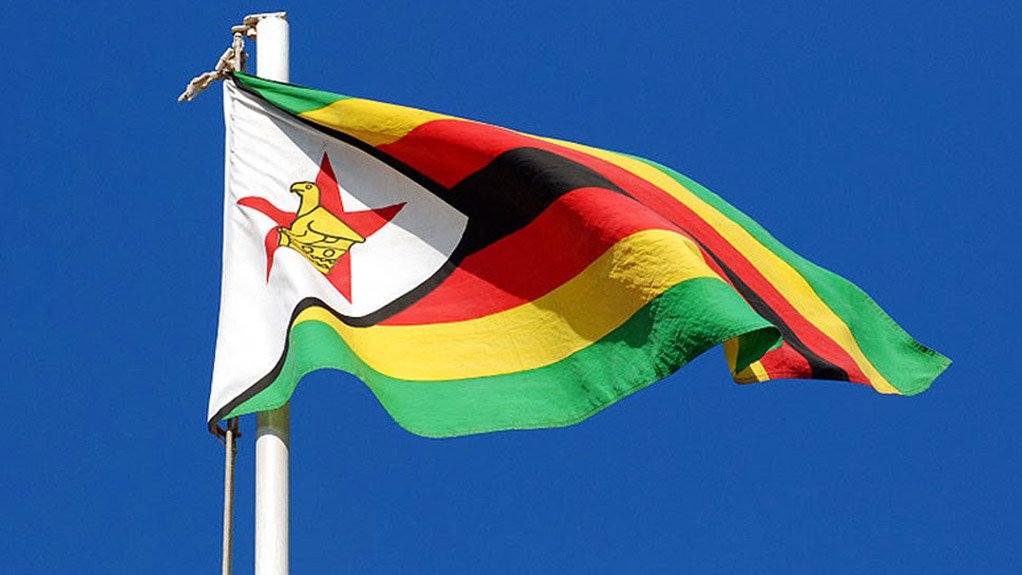What started as a hashtag – #FeesMustFall – has become a fully fledged movement dominating South Africa’s national conversation. The country is braced for similar protests in 2016.
But this historic moment is not without regional precedent. In South Africa’s neighbour to the north, Zimbabwe, students began a decade-long period of protest in 1988 that ultimately remade the country’s politics. I have studied these protests and believe the changes they brought to Zimbabwe offer five key insights about what may happen next in South Africa.
1. Opening the door for political change
In October 1988, it emerged that several cabinet ministers had been buying tax-free cars and selling them on at massively inflated prices. Furious students from the University of Zimbabwe staged demonstrations against this ministerial corruption which were met with riot police and arrests. These were the first formal, organised public protests after independence in 1980.
By December that year, as the protests continued, President Robert Mugabe was forced to act. He set up a Commission of Inquiry. Five ministers resigned and one committed suicide. A new critical discourse had entered Zimbabwean politics and it had been initiated from the university in Harare – traditionally a heartland for Mugabe’s ruling ZANU-PF.
Students were dangerous to the government. They were a potent symbol of black aspiration for young people and their families across Zimbabwe. They were educated and made articulate, reasonable demands – first over government corruption and, in the years that followed, over the cost of education.
The same seems true in South Africa today, where education has been seen as one of the most important pathways to a better life. As symbols of this aspiration, students protesters can provide a powerful anti-government message in communities where the ideological hold of the governing African National Congress (ANC) is still strong.
2. Tapping into a well of unhappiness
The 1988 anti-corruption protests smashed cracks into ZANU-PF’s claim to be the post-colonial party of government. People began to believe that party leaders were out for themselves, rather than governing for the majority.
But it was the government’s economic liberalisation policies that caused widespread mobilisation, in which students played a prominent role.
Beginning in 1990, these reforms cut the public payroll and removed many state subsidies. Economic growth slowed to 0.9%, access to credit dried up, unemployment increased. By 1999, unemployment had reached 50% and inflation had rocketed.
University tuition had been free until 1997, but the government moved to introduce fees. Protests flared up around the country: there were farm occupations, food riots, strikes and street protests dispersed by blunt police force.
In recent years, the ANC has faced similar criticisms over corruption and economic inequality. GDP growth was forecast down in late October 2015 from 2% to 1.5% and the unemployment rate rose to 25.5%.
Public agitation has spread too. Just days after the student protests reached a crescendo, 22,000 members of the opposition Economic Freedom Fighters marched in a call for economic redistribution.
3. Mobilising others
It was from Zimbabwe’s anti-liberalisation protests that a new politics emerged. Different civic groupings – students, trade unions, churches – began working together. They ran a successful campaign against a new constitution proposed by Mugabe. By drawing on the coalition’s different institutional strengths, including students’ energetic demonstrations, they mobilised effectively.
Building on this, the trade union movement under Morgan Tsvangarai organised a new political party, the Movement for Democratic Change (MDC). But students' prominence in the MDC exposed their movement to party control. A raft of student leaders were given top party positions and student leaders were offered financial backing, skewing activists' incentives.
A big concern for Zuma and the ANC will be the possibility of any opposition coalition-building project. Talks about broader protests could happen soon.
But if new political formations emerge, students should be wary: coalition-building favours leaders and are full of murky compromises.
4. Avoiding political co-option
One striking feature of #FeesMustFall was how students effectively and democratically organised without any obvious leaders. The movement’s insistence on collective decision-making has reduced the risk of the leadership being co-opted by political elites.
There’s a striking difference here between South Africa and Zimbabwe. The Zimbabwean student movement has always revolved around student union structures.
How long South African students' democratic decision-making can continue, without some charismatic or bureaucratic centre, remains to be seen.
5. Unleashing harsh state response
The Zimbabwean government’s immediate response to student activism in the 1980s was to pass the University Amendment Act. This vastly increased its control over tertiary institutions.
In the long-term, ZANU-PF undertook a dramatic re-configuration of its political base through its radical and violent policy of fast-track land reform, turning against urban workers and intellectuals. ZANU-PF’s new strategy involved a targeted campaign of election violence and the near complete destruction of the economy. It succeeded: the party retained state power.
The ANC has a very different history to that of ZANU-PF. If a potent coalition is built, the ANC will hit it hard and in so doing reconfigure its political base away from the paternalist corporatism of Nelson Mandela’s “Rainbow Nation”.
The student victory signals that the good times are over for the ANC. It will need exceptional leadership. It will also need to articulate a clear, radical, redistributive vision to avoid going the way of ZANU-PF.
![]() Written by Dan Hodgkinson, DPhil Candidate in International Development, University of Oxford
Written by Dan Hodgkinson, DPhil Candidate in International Development, University of Oxford
This article was originally published on The Conversation. Read the original article.
EMAIL THIS ARTICLE SAVE THIS ARTICLE
To subscribe email subscriptions@creamermedia.co.za or click here
To advertise email advertising@creamermedia.co.za or click here











